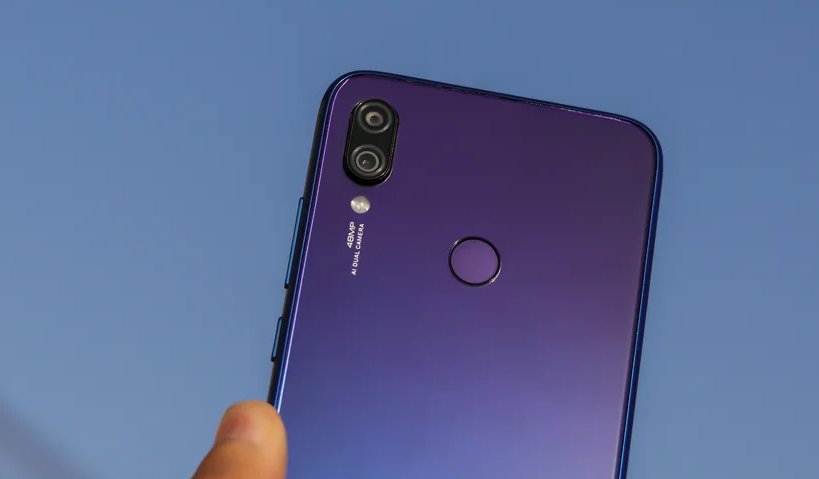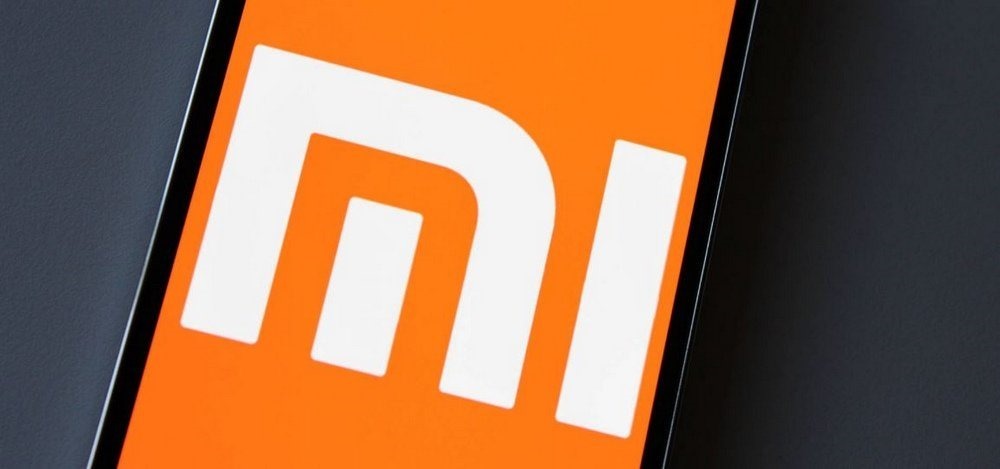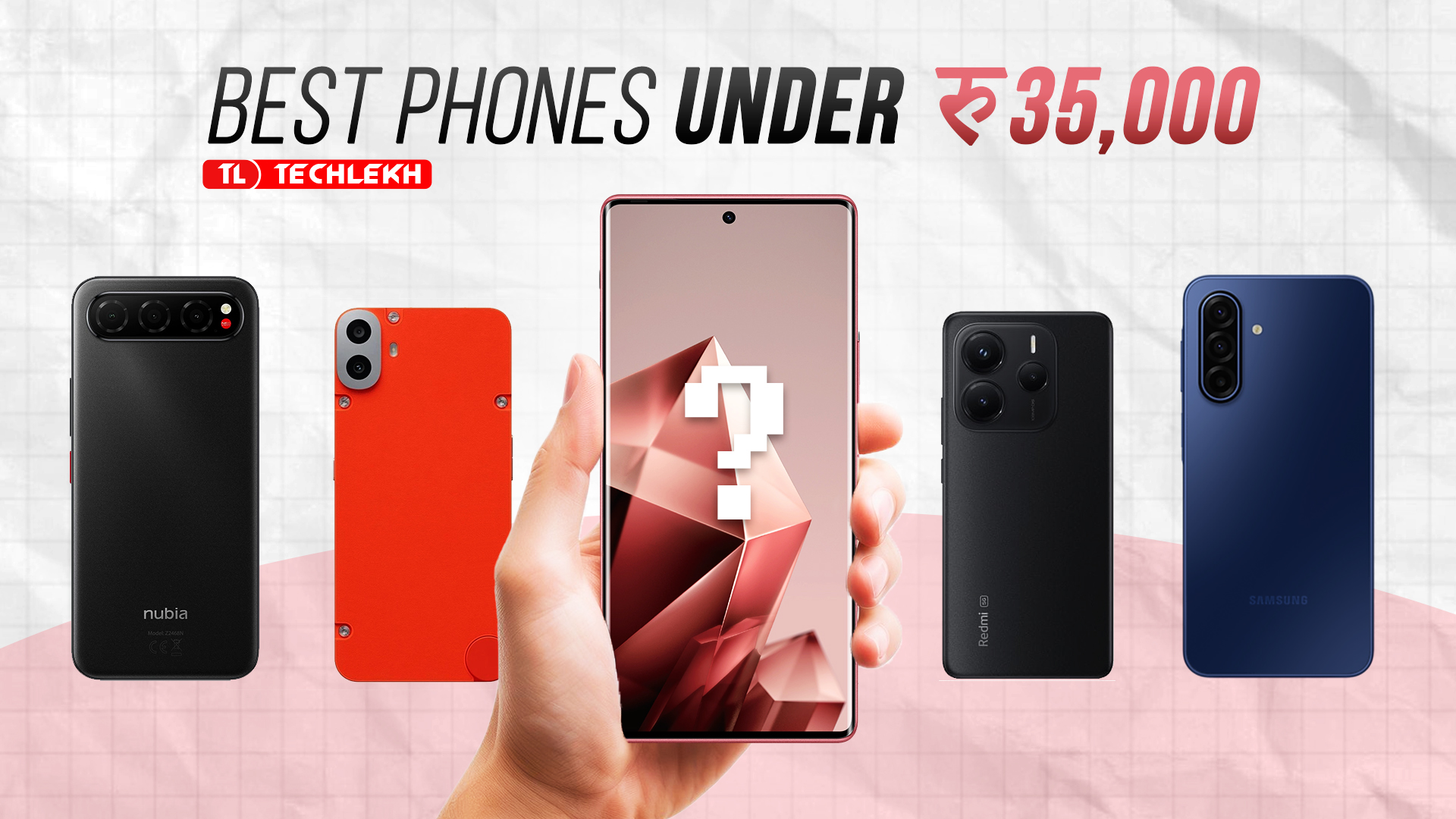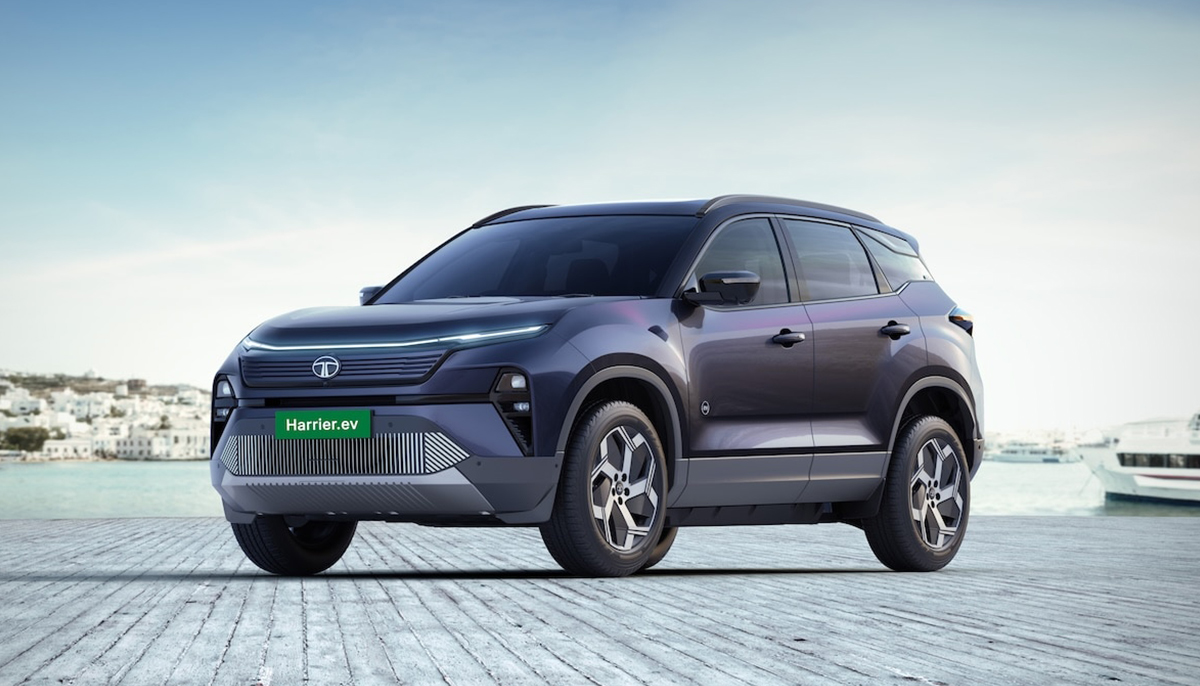“Affordability”
This is the new trend in the smartphone world. The days of premium smartphones are numbered! If a smartphone company wants to succeed, they must focus on the mid-range market rather than the flagships.
Since the slowdown on numbers improvements on the next-gen smartphones, people are reluctant to shed out $1000+ every year on a new smartphone.
Hey, these aren’t just theories. These are the facts!
As reported, iPhone sales continue to fall ever since the infamous launch of iPhone X. The cursed sales continued in iPhone XS Max. Additionally, this forced Apple to stop sharing iPhone unit sales. Unfortunately, Apple isn’t the only victim of this new trend.
Samsung’s profit took a massive hit, about 56% in the second quarter! What are the factors which affect these numbers? Well, the lack of sales on both smartphones and chips.
While this is definitely shocking, I would so as far as calling it surprising. I don’t buy a new phone, just to swap it for a new one, every other year. Furthermore, I would like to hold on to it and try to get the maximum bang for my hard-earned buck. For me, buying a new phone just for an incremental change seems stupid and totally unreasonable.
Will this happen to every smartphone brand?
No. In a surprising turn of events, Xiaomi reportedly sold a record 119 million smartphones in 2018! Interestingly, the Xiaomi’s total profits are growing exponentially compared to the “$1000 competition”.
So, what’s their secret sauce?
“Affordability”
Xiaomi offers everything at the right price. Plus, Xiaomi, Mi and Redmi smartphones get equal treatment. This includes frequent updates and security patches for up to 4 years! Whether it is a budget or mid-range or a flagship smartphone, the frequency of updates is the same.
Take a smartphone as a real-world example, Poco F1 and OnePlus 6. Both smartphones come with a Snapdragon 845 with 6GB RAM and 64GB storage.
While OnePlus 6 price in Nepal is Rs. 52,700 (originally Rs. 69,500) whereas Xiaomi’s Poco F1 price in Nepal is Rs. 32,999 (originally Rs. 38,000).
ALSO READ: The Future of the Internet: 5G, It’s More Than Just Fast [Explained]
Yes, OnePlus is superior in its own way but the fact that Xiaomi can offer great hardware at a mid-range price is mind-bogglingly awesome!
What would an average consumer consider buying? Poco F1 or OnePlus 6?
Perhaps that’s why Poco F1 instantly sold out when it got its first launch in Nepal.
Okay, let’s move on to another interesting question.
Why are Xiaomi smartphone so affordable in Nepal?
Everyone, in their right mind, was baffled when Xiaomi Nepal launched the Redmi Note 7 Pro in Nepal.
Vatsal Impex, the authorized distributor of Xiaomi smartphones in Nepal, kept saying that there were no plans to launch it in Nepal. However, they decided against it, so we got Redmi Note 7 Pro launch in Nepal.

But that’s not the baffling part, the price is. You could get a Snapdragon 675 with 4GB RAM, 64GB Storage and 48MP Dual Camera for just Rs. 24,999!
Honestly, this pissed off some people. Just a few days ago, people bought a Redmi Note 7 for Rs. 22,000 (or at Rs. 16,000 with Card Discount on Daraz Mobile Week).
If you are among those “angry” people who bought a Redmi Note 7, don’t worry. The real-world difference between Snapdragon 675 and 660 is negligible. You bought a good phone!
Anyways, “Tax Deduction” is another key factor for the affordability. I don’t want to go into complicated details! Let me just give you a simplified version.
According to the Nepal Budget 2018, the taxation on imported smartphones was 5% on top of 13% VAT resulting in a grand total of 18%. However, the Nepal Government decided to decrease it by half, resulting in 2.5% on top of 13% VAT resulting in a grand total of 15.5%.
While the other brands still use the old 18% rule, Xiaomi and Samsung have already implemented the new 15% rule in their smartphones. That’s why Xiaomi can put good smartphones at an affordable price.
Conversion of Redmi Note 7 Pro (From IRs to NRs)
Redmi Note 7 Price in India: IRs. 14,000
Conversion into NRs: 14,000 x 1.6 = NRs 22,400
With Tax: NRs. 22,400 + 3,360 = NRs. 25,760*
*Note: This is just a rough calculation to give you additional perspective.
Anyways, I love that Xiaomi is taking this path, as it is bound to open new possibilities. Once I saw a YouTube comment that summed up the impact Xiaomi has in the current smartphone market.
“If it weren’t for Xiaomi smartphones, there would be no Samsung M-Series or new A-Series. Xiaomi literally forced Samsung to focus on something Samsung neglected for years, the mid-range segment.”
READ NEXT: Explained: The Truth about 48MP Cameras!
-
TechLekh Awards: Best Bikes of 2025 in Nepal Winners!Motorcycling in Nepal has always meant more than just getting from one place to another.…
-
TechLekh Awards: Best Cars of 2025 in Nepal Winners!Electric vehicles continue to dominate Nepal’s market in 2025, and Chinese manufacturers still lead the…
-
Best Phones Under 35000 in Nepal (January 2026 Updated)I’ve always said that Rs. 30,000 is where phones start getting interesting. You can check…
-
Much-Awaited TVS Apache RTX 300 to Launch in Nepal This YearHIGHLIGHTS TVS Apache RTX 300 price in Nepal is expected to be between Rs. 6.50…
-
Tata Harrier EV Becomes One of India’s Best-Selling EVs, But When Will It Arrive in Nepal?HIGHLIGHTS Tata Harrier EV price in Nepal is expected to start between Rs. 65 Lakhs…




















